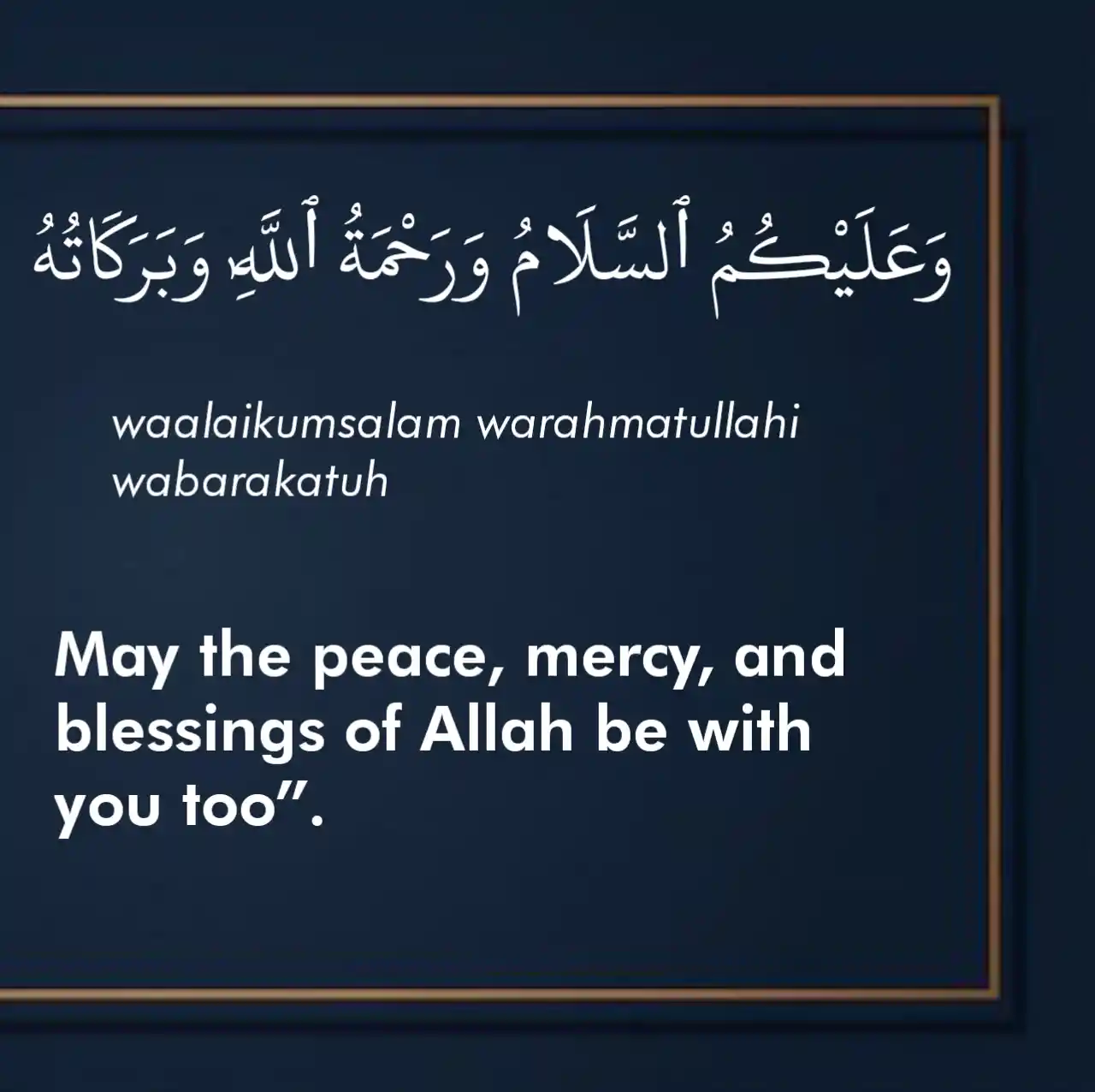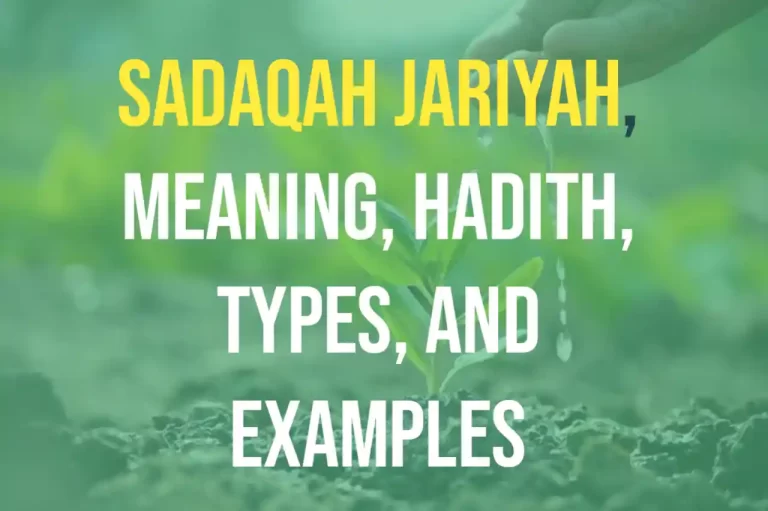Understanding "Assalamualaikum": Meaning & Significance
Does a simple greeting hold the power to encapsulate a vast spectrum of meaning, tradition, and spiritual significance? The answer, as many Muslims around the world would affirm, is a resounding yes, embodied in the ubiquitous salutation: "Assalamualaikum warahmatullahi wabarakatuh."
This phrase, far more than a mere formality, is a cornerstone of Islamic etiquette and a powerful expression of peace, mercy, and blessings. It serves as a cornerstone of communal harmony and a reflection of core Islamic values.
The salutation, rendered in Arabic as "Salam aleykoum wa rahmatullah wa barakatuh (\u0627\u0644\u0633\u064e\u0651\u0644\u064e\u0627\u0645\u064f \u0639\u064e\u0644\u064e\u064a\u0652\u0643\u064f\u0645\u0652 \u0648\u064e \u0631\u064e\u062d\u0652\u0645\u064e\u0629\u064f \u0627\u0644\u0644\u0647\u0650 \u0648\u064e \u0628\u064e\u0631\u064e\u0643\u0627\u062a\u064f\u0647\u064f)", translates to "May peace, mercy, and blessings of Allah be upon you." The depth of meaning lies not only in the words themselves but also in the intent and spirit with which they are conveyed. The nuances of pronunciation, the context in which it is used, all add layers of depth to this simple yet profoundly meaningful phrase.
The essence of the greeting is rooted in the desire for peace. The word "salaam" (literally, peace) encapsulates the idea of harmlessness, safety, and protection from any form of evil. It is a wish for well-being and a prayer for the absence of conflict, both internal and external. When someone utters "Assalamu alaikum," they are, in essence, wishing the recipient a life free from hardship, danger, and negativity. The salutation is not merely a social pleasantry; it is a reflection of a deep-seated aspiration for a life of tranquility and security.
The correct way to answer to "Assalamu Alaikum" is to say Wa alaikum assalam wa rahmatullahi wabarakatuh which means "And upon you peace, and the mercy of Allah and His blessings". This response is considered a more complete and thoughtful reply. This is the standard answer to "Assalamu Alaikum" and should be used unless there is an important reason to choose otherwise.
The inclusion of "rahmatullahi" (the mercy of Allah) and "barakatuh" (His blessings) amplifies the greeting's scope. The wish for peace is expanded to include divine mercy and blessings, encompassing all aspects of life. The reciever is not only wished a life of peace but also the encompassing blessings of Allah, and his compassion and mercy in all aspects of their lives.
The Islamic faith places significant emphasis on the importance of responding to greetings with a greeting of equal or greater value, as per the teachings of the Quran. It encourages believers to be courteous and to make interactions with each other positive and uplifting. Responding with a more courteous greeting displays respect, kindness, and a deeper understanding of Islamic principles.
The act of offering this greeting is not merely a cultural practice but is also viewed as an obligation in the Islamic tradition. It is a Sunnah, a practice of the Prophet Muhammad (peace be upon him), who emphasized the importance of spreading peace and goodwill among Muslims. The Prophet (peace be upon him) himself exemplified this practice, using the greeting frequently and encouraging others to do the same. To offer the salutation is to embrace a fundamental aspect of the faith.
The practice of exchanging "Assalamu Alaikum" strengthens community ties and promotes a sense of unity among Muslims. When people greet each other with this phrase, they are acknowledging and affirming their shared faith and creating a space for positive relationships. It fosters a feeling of belonging and a shared identity among Muslims worldwide, transcending geographical boundaries, cultural differences and languages. In addition to its religious significance, the phrase also contributes to a sense of communal identity, making any Muslim feel welcome in any community, anywhere.
The use of the salutation varies across different cultures and regions where Islam is practiced. While the core meaning and intent remain consistent, the pronunciation and emphasis may vary slightly. However, the underlying principle of spreading peace and goodwill remains central to the greeting. For example, some may focus more on the precise pronunciation of the Arabic words, while others may emphasize the sincerity with which the words are delivered. These different approaches reflect the diversity within the Muslim community, while underscoring the core values that unite them.
Understanding the meaning behind the greeting is crucial for appreciating its profound impact. It encourages individuals to reflect on the true meaning of peace, mercy, and blessings and to incorporate these values into their daily lives. It reminds individuals of the importance of kindness, respect, and empathy in their interactions with others. By understanding the significance of this greeting, individuals can deepen their appreciation for the Islamic tradition and the values it promotes.
The significance of the greeting extends beyond the Muslim community. It is a message of peace and goodwill that can be appreciated by people of all faiths and backgrounds. It is a reminder of the shared human values of peace, mercy, and blessings, which are essential for a harmonious and thriving society. The very act of offering this salutation can serve as a bridge, fostering understanding and respect between different communities and cultures.
In various forms, the Islamic greeting "Assalamualaikum" (peace be upon you) is a universal expression of well wishes and serves as a cornerstone of the Muslim community. It is a symbol of peace, a reminder of faith, and a call for unity, demonstrating the beauty and depth of Islamic culture.
The importance of the salutation extends to the realm of spiritual development. It encourages individuals to cultivate a mindset of peace and to radiate positivity in their interactions with others. It serves as a reminder of the importance of kindness, compassion, and empathy, encouraging individuals to treat others with respect and to embody the values that underpin a just and compassionate society. In a world often marked by conflict and division, the greeting "Assalamualaikum" offers a constant reminder of the potential for peace, mercy, and blessings in all aspects of human existence.
| Aspect | Details |
|---|---|
| Greeting | "Assalamualaikum Warahmatullahi Wabarakatuh" |
| Meaning | "Peace be upon you, and Allah's mercy and blessings" |
| Arabic Text | (\u0627\u0644\u0633\u064e\u0651\u0644\u064e\u0627\u0645\u064f \u0639\u064e\u0644\u064e\u064a\u0652\u0643\u064f\u0645\u0652 \u0648\u064e \u0631\u064e\u062d\u0652\u0645\u064e\u0629\u064f \u0627\u0644\u0644\u0647\u0650 \u0648\u064e \u0628\u064e\u0631\u064e\u0643\u0627\u062a\u064f\u0647\u064f) |
| Shortest Reply | "Walaikum assalam" |
| Full Reply | "Wa alaikum assalam wa rahmatullahi wabarakatuh" |
| Significance | A crucial Islamic duty, promotes peace, mercy, and blessings; fosters community and strengthens faith. |
| Etiquette | Respond with a greeting of equal or greater courtesy. |
| Cultural Significance | Widely used in many cultures, this custom promotes harmony in multiple backgrounds. |
In Arabic, the phrase is often rendered in a beautiful style of calligraphy called Thuluth. The way the words are written can be a form of art, and these elegant script styles are often found in religious texts and other materials. This emphasizes the importance of the phrase and is another way to honor its significance in Islamic culture.
The meaning of "salaam" extends beyond the literal meaning of peace. It includes the idea of safety, protection, and well-being. Therefore, when someone says "Assalamu alaikum," they are not only wishing for peace but also for a life free from harm, difficulties, and negativity. This makes the greeting even more meaningful, as it includes a wide range of aspirations for the recipient's well-being.
The significance of this greeting in Islamic culture cannot be overstated. It is a simple yet profoundly meaningful phrase that carries a lot of weight in the Islamic world. It serves as a cornerstone of communal harmony and a reflection of core Islamic values. The emphasis on offering this greeting stems from the teachings of the Quran and the traditions of the Prophet Muhammad.
The salutation is more than a mere convention; it is an expression of a fundamental value in Islam, which is to spread peace and goodwill among people. It is often used in social gatherings, religious events, and everyday interactions. Moreover, the phrase is not just about the words; it is also about the intentions and the spirit in which they are delivered.
In Islam, the response to a greeting is just as important as the greeting itself. It is considered a duty and an obligation to respond to a greeting in a manner that is at least equal in courtesy. The Quran encourages believers to reply to a greeting with one of equal or greater value. This shows the importance of respect, kindness, and maintaining positive relationships in the Islamic faith.
The use of "Assalamualaikum Warahmatullahi Wabarakatuh" in Islamic culture has a profound impact on building strong communities. It promotes a sense of unity and shared identity among Muslims worldwide. The greeting is also a reminder of the importance of kindness, compassion, and empathy in everyday interactions. It serves as a bridge, fostering understanding and respect between different communities and cultures.
The phrase encapsulates a whole spiritual significance. By using this greeting, people acknowledge and embrace the core Islamic values of peace, mercy, and blessings. This encourages individuals to incorporate these values into their daily lives. It reminds individuals of the importance of respect and empathy in interactions with others. It promotes a mindset of peace and positivity.
The impact of "Assalamualaikum Warahmatullahi Wabarakatuh" is widespread. It transcends religious boundaries and cultural differences. It serves as a unifying force, connecting people in an atmosphere of harmony, respect, and goodwill. Its value resides in its ability to foster a shared sense of identity and spiritual connection.
The most comprehensive greeting to give is Assalamu alaikum warahmatullahi wabarakatuh, to which the appropriate reply is "Wa alaikum assalam wa rahmatullahi wabarakatuh." This exchange embodies the essence of Islamic greetings, signifying a heartfelt wish for peace, mercy, and blessings upon the recipient. This practice reinforces the importance of maintaining positive and respectful interactions, while building up stronger relationships.


